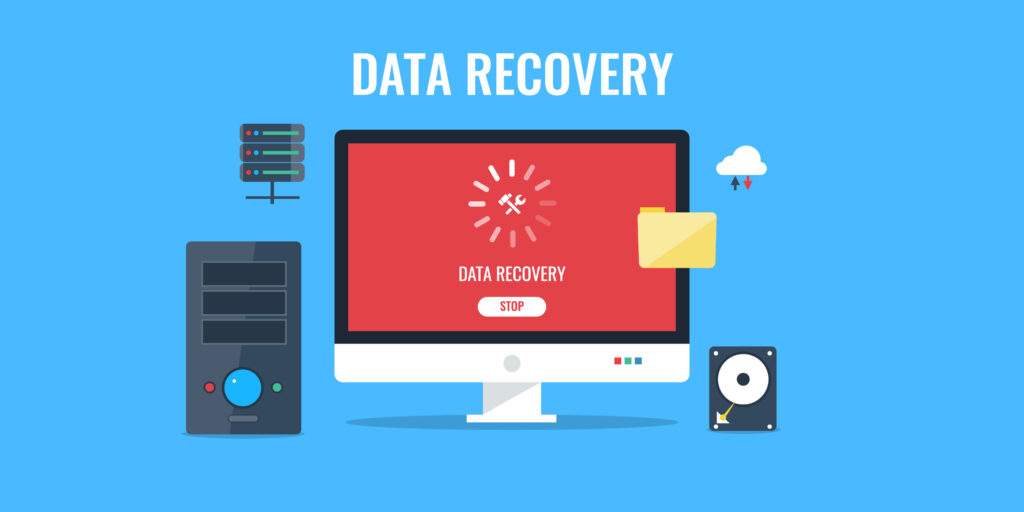Regular Backup Testing: Save Time, Money and Energy

As a business owner, you’re probably already aware of the threats looming over data security in today’s digital environment. The irretrievable loss of critical data could drive your business to ruins. Apart from the financial fallout directly associated with data loss, it could also damage your reputation.
While backups can help your business recover after a disaster, you must understand that backups can also fail. The last thing you need after a catastrophic data loss is to find out that your backups have also bit the dust. For backups to work perfectly, they must be tested regularly to ensure that your critical data is accurately preserved and can be retrieved when required.
In addition to the obvious benefit of business continuity following a disaster, regular backup testing can also help you save a great deal of time, money and energy. Let’s find out how.
Components of effective backups
There are typically three backup components that organizations must incorporate as part of their backup strategy. By adopting these measures, you can ensure consistency in your backup tasks and implement a foolproof system to combat unexpected backup failures.
- Creating a backup schedule: Many businesses don’t follow a consistent backup schedule. In some cases, the schedule can also be insufficient.
For instance, if data is the lifeline of your business, backing it up once a week may not be an adequate protective measure. If data loss happens even a day before the scheduled backup date, you will lose a week’s worth of data. You need to make sure that the schedule you create compliments your business requirements.
- Monitoring backups: The next critical step in your data backup strategy involves monitoring your backups. Monitoring helps you identify data failure at an early stage before it becomes completely irrecoverable. It could also help you identify the reason behind the failure so you can implement necessary fixes.
- Testing your backups: Imagine consistently backing up your data without fail but not being able to retrieve it when you need it. It would be a waste of storage space, time, money and effort. You need to periodically test your full restoration capability as per your requirement (weekly or monthly). If critical data is involved, you need to test restoration more frequently. By comprehensively testing your recoverability, you can rest assured that your backups will ensure business continuity even under dire circumstances.
Benefits of regular backup testing
Regular backup testing is an essential part of your disaster recovery readiness. However, it also comes with a few other benefits. Here is a list of reasons why regular backup testing should be a part of your backup strategy:
- Disaster recovery readiness: The most important benefit of testing is the most obvious one – readiness. By regularly testing your backups, you can be fully prepared to deal with an unexpected disaster when it strikes. Since you already have experience restoring all your backups, you can get your business operations up and running within a reasonable time and prevent massive financial loss.
- Compliance adherence: Testing is a mandatory part of various compliance regulations. According to most of these regulations, a disaster recovery plan has no value if it does not work when required. The testing requirements, however, may differ from one regulatory standard to another.
- Deduplication avoidance: Duplication of backups may not sound like a major issue, but it can waste your limited resources on unwanted storage. When there are multiple duplicate backups, it takes up a lot of resources and forces you to spend more time processing it. You need to perform deduplication periodically to ensure that you have backed up only the essential data that is critical to your requirements.
- Optimized data: With proper testing, you can organize your critical data and manage it effectively. This is an essential requirement for organizations of all sizes. By organizing your data better, you will get an idea of where everything is stored and recover the right information when needed. This helps you streamline the backup process and ensure proper restoration.
- Understanding your infrastructure: Implementing backup testing will help companies get a better understanding of their data storage infrastructure. For instance, you can get a high-level view of your infrastructure and understand the different components associated with the backup process.
- Commitment to stakeholders: Having a solid backup strategy indicates that you are committed to the security of your customer data. Testing your backups regularly is a better way to show your customers and other stakeholders that you are doing everything in your power to ensure business continuity.
Reduce recovery failures with testing
Disaster drills are a part of various processes in our daily lives. We often go through fire safety drills in buildings to ensure we’re prepared in case of an unexpected disaster. Why should data protection be any different? There is nothing worse than putting a plan into action without ever testing it. Regular backup testing can help you reduce recovery failures to a great extent and help you adhere to your business continuity plan.
If you’re unsure how to do this, don’t worry. An IT service provider like us can handle those matters for you. Reach out today to assess your backup recoverability and ensure consistent data restoration during your time of need.
Get In Touch
Share On Social Media
Other Recent Blog Articles
Blackout Blues: Don’t Let Power Outages Fry Your Electronics (Learn From My Fridge Fiasco!)
We’ve all been there. The lights flicker, maybe a surge, and then… darkness. While a temporary power outage might seem like a minor inconvenience, it can actually pose a significant…
Read MoreThe Tariff Tango: How Import Taxes Can Impact Your Computer Gear
In today’s interconnected world, the price tag on your laptop, monitor, or even that trusty keyboard often reflects a global journey of components and assembly. But what happens when governments…
Read MoreFrom Stumptown to Secure Town: Tech Protection for Portland Small Businesses
As a small business owner in the vibrant Portland metro area, you’re likely juggling a million things. From serving your customers to managing your team and keeping a close eye…
Read More